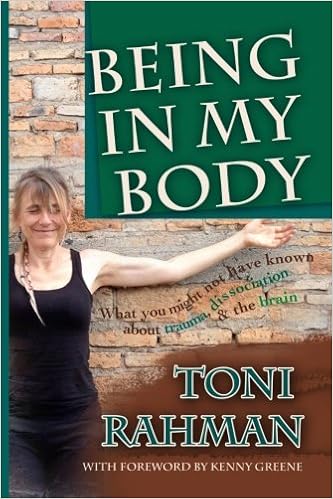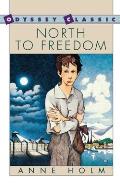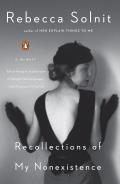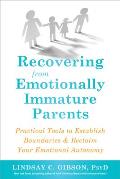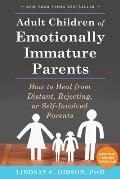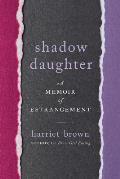Subtitle: What you Might Not Have Known about Trauma, Dissociation and the Brain
Recommended to me by: a client
This book covers a lot of ground, and does it well. Toni Rahman summarizes current research into developmental trauma, CPTSD, dissociation, emotions, attachment, and polyvagal theory, as well as sharing some of her own story and client stories. She applies this material to parenting, inhabiting the body, and healthy adult intimacy.
Some of the many ideas in the book:
- We are designed, from birth, to take refuge in the trusting bonds we have with others.
- What children need from their caring adults is flexibility and openness balanced with a strong enough sense of self and one’s own limits, with curiosity about who this child is.
- Regression is leaving the present moment and reliving the past instead. This can also be called an emotional flashback.
- Feeling an emotion is acknowledging it, allowing it to be in the body. Emoting is acting it out: yelling, crying, etc.
- Via Karla McLaren, event trauma happens not just from something difficult or overwhelming, but from not being welcomed back into the tribe afterward. A full initiation includes both surviving challenging circumstances, and being received with adequate attention, empathy, and care afterwards.
- For an infant or small child, chronic or prolonged parental misattunement without adequate repair represents a traumatic threat to life.
- Feeling threatened by a parent who is also a source of care is a problem in itself, compounded by not having support to express or resolve the problem. This is disorganized attachment.
- For someone with unhealed disorganized attachment or CPTSD, intimacy is triggering and terrifying rather than soothing and nurturing.
- How your body responds to intimacy is an echo of your early experiences.
- We can approach our own bodies with care to build secure attachment and intimacy with ourselves.
- You will know what you like because just thinking of it will make you feel soft, relaxed, and light, not restricted, guarded, or confused.
There are a couple of distracting textual errors in the book: duplicated client quotes, and at least one misspelling of a place name.
Overall, highly recommended for anyone interested in trauma, inhabiting the body, and healthy intimacy.

